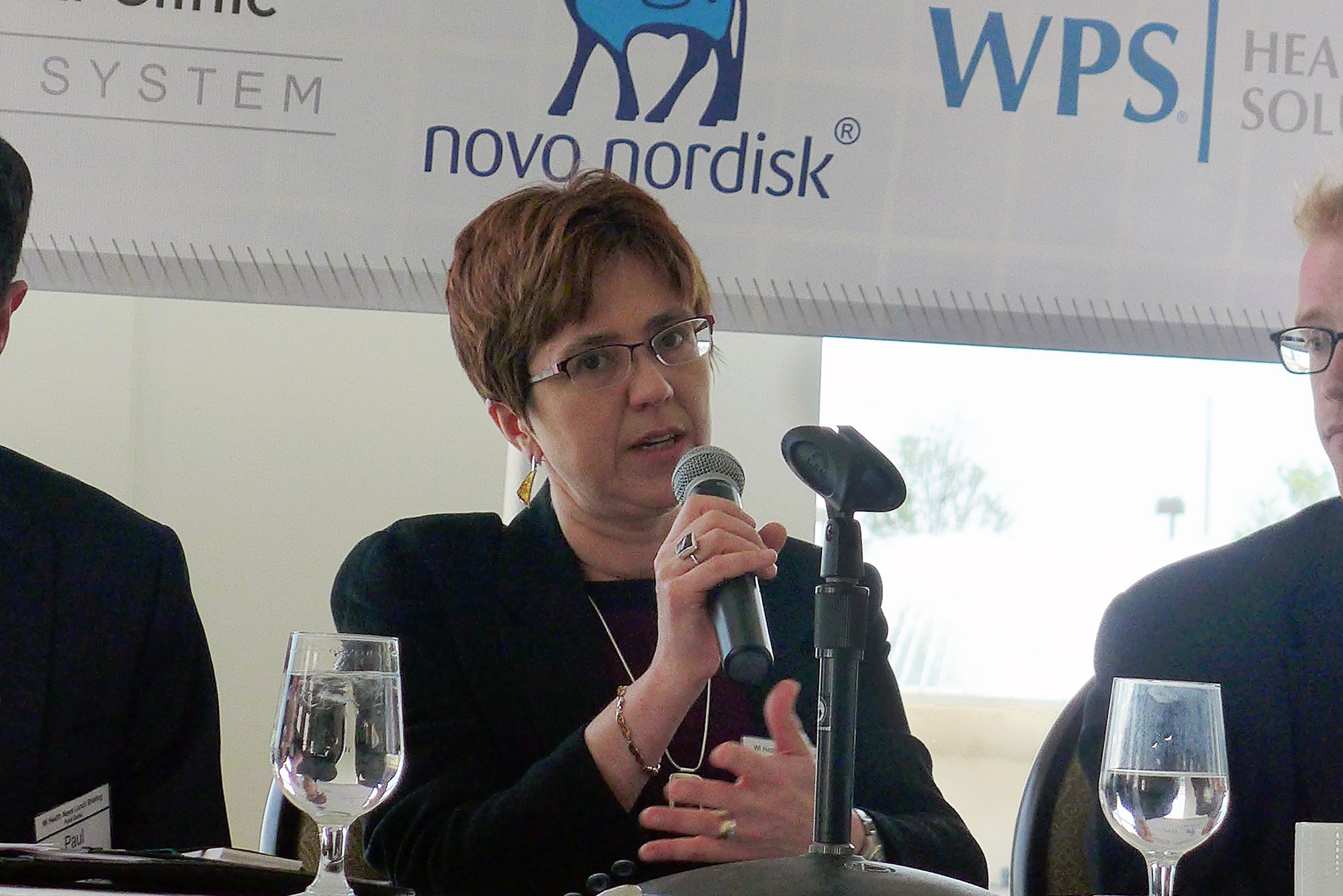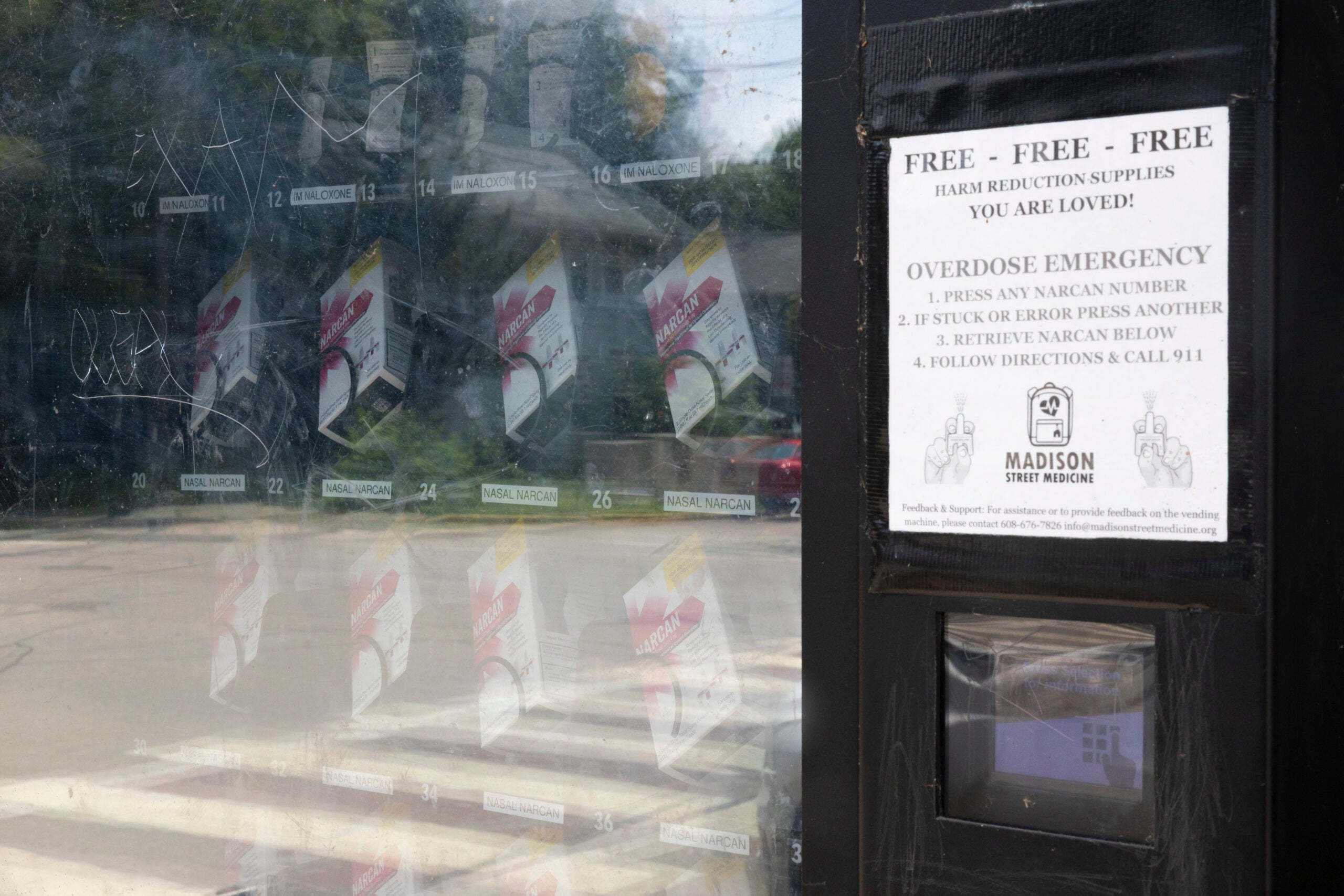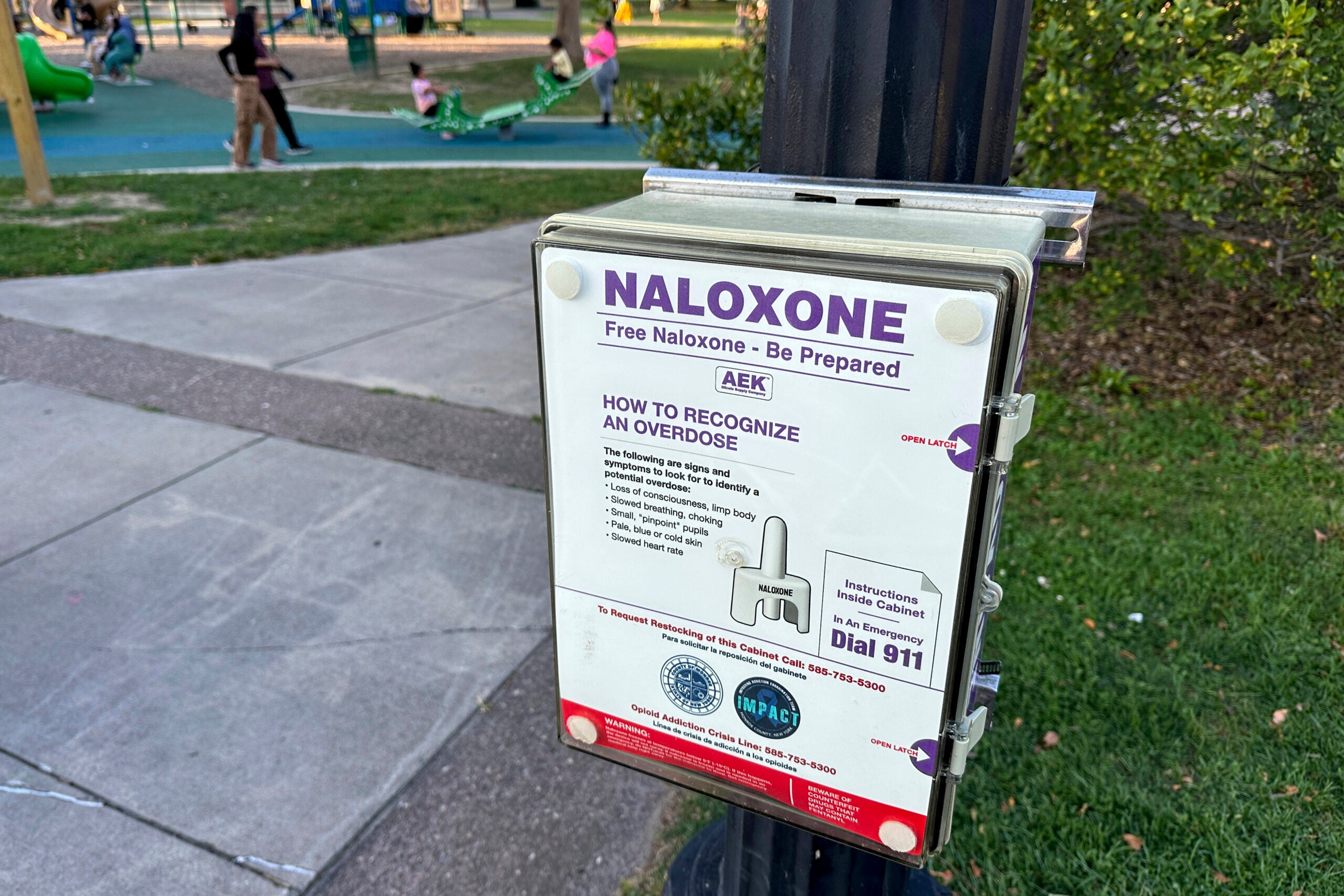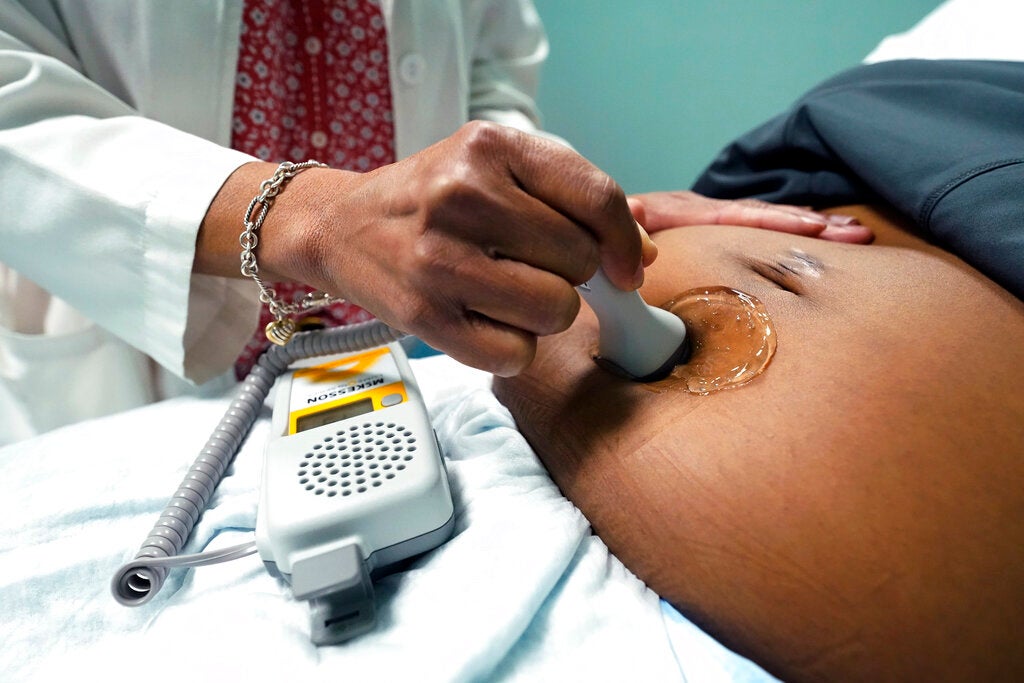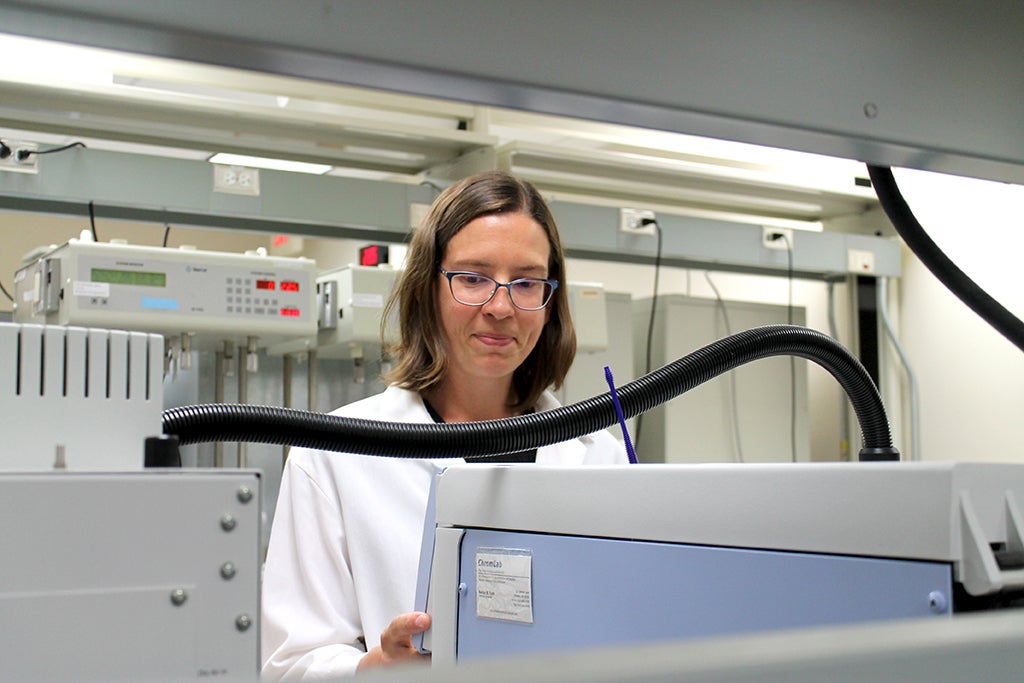Wisconsin has made headway in reducing opioid prescriptions but there are indications the drug epidemic sweeping the nation is getting worse, not better.
In March the Centers for Disease Control and Prevention said emergency room visits for suspected opioid overdoses doubled in Wisconsin.
The situation has left health officials and policymakers working to keep up with the shifting nature of the epidemic and consider different strategies for providing effective addiction treatment.
News with a little more humanity
WPR’s “Wisconsin Today” newsletter keeps you connected to the state you love without feeling overwhelmed. No paywall. No agenda. No corporate filter.
Aleksandra Zgierska, a professor who specializes in addiction at the University of Wisconsin-Madison Department of Family Medicine and Community Health, says one possible explanation for the surge in emergency room visits is that people hooked on prescription drugs don’t have timely access to treatment and may be turning to illegal drugs.
She said that while there is a market for prescription opioids sold on the street, they are an expensive “hot commodity,” pushing users to cheaper, riskier alternatives.
“Fentanyl from China is much cheaper. It’s also much more potent so the risk of overdose is much, much higher. Buying heroin is really the cheapest and heroin nowadays is laced with these very powerful opioids,” said Zgierska during a Wisconsin Health News forum in Madison this week.
She says there’s not enough addiction treatment available to meet demand and it’s often delayed.
Wisconsin is looking at what other states have done to improve access to treatment through what’s called a “hub and spoke” system which utilizes primary care providers in addiction treatment.
Paul Krupski, director of opioid initiatives for the Wisconsin Department of Health Services said a commission on opioid addiction set up by the Walker administration will provide a report to the governor about whether that type of program would fit with the state’s approach.
Improving care for pregnant women who take drugs is another aim of the state’s effort to overhaul treatment. Some women are fearful of seeking treatment because of Wisconsin’s so-called ‘cocaine mom’ law that allows pregnant mothers to be jailed for suspected drug abuse. The law is being challenged in court.
State Rep. John Nygren, R-Marinette, who also spoke on the panel this week, said he’s considering legislation to prevent jailing pregnant women but said he wants the court case finalized first.
Nygren, who has authored 30 bills fighting opioid addiction emphasized the severity the problem.
“I think there needs to be a level of acceptance that prescription drugs are just as dangerous as heroin. I think we’re getting there. But we’re not there yet,” he said.
A report presented to the Governor’s Task Force on Opioid Abuse by the Pew Charitable Trusts briefly mentions Wisconsin’s policies regarding substance use and misuse in pregnant women, saying they have the potential to deter women from obtaining evidence-based care and increase the risk of harm to the mother and child. It recommends early screening, medication-assisted treatment during pregnancy and postpartum support services.
Overall, the report recommends more access to treatment, more substance abuse counselors and fewer barriers to buprenorphine, one of three medications approved by the U.S. Food and Drug Administration to treat opioid addiction. The report suggests allowing more doctors to prescribe buprenorphine — which goes by the trade name Suboxone — and eliminating prior insurance authorization.
But some are concerned that could increase drugged driving.
“Within our top 10 if not our top 20 drugs we see in our drivers are methadone and buprenorphine. So our concern is you begin to open up more of that applicability for buprenorphine, we’re going to continue to see the rise in impaired drivers,” said Amy Miles, who does forensic toxicology testing at the Wisconsin State Laboratory of Hygiene.
Pew Charitable Trusts will have another report out on opioid addiction in July that will focus on access to treatment.
Andrew Whitacre, a senior associate at Pew, said the organization chose to work in Wisconsin because of its strong healthcare system and a willingness to tackle the problem.
“Why we chose to work in Wisconsin was not because Wisconsin is highest on the list of overdose lists. Its not,” Whitacre said. “The state is somewhere in the middle of the pack. It doesn’t have the lowest access to treatment; again, somewhere in the middle of the pack. But when we talk to stakeholders there was a drive that middle of the pack isn’t good enough and they’re willing to push hard for innovative policy change.”
Wisconsin Public Radio, © Copyright 2026, Board of Regents of the University of Wisconsin System and Wisconsin Educational Communications Board.
